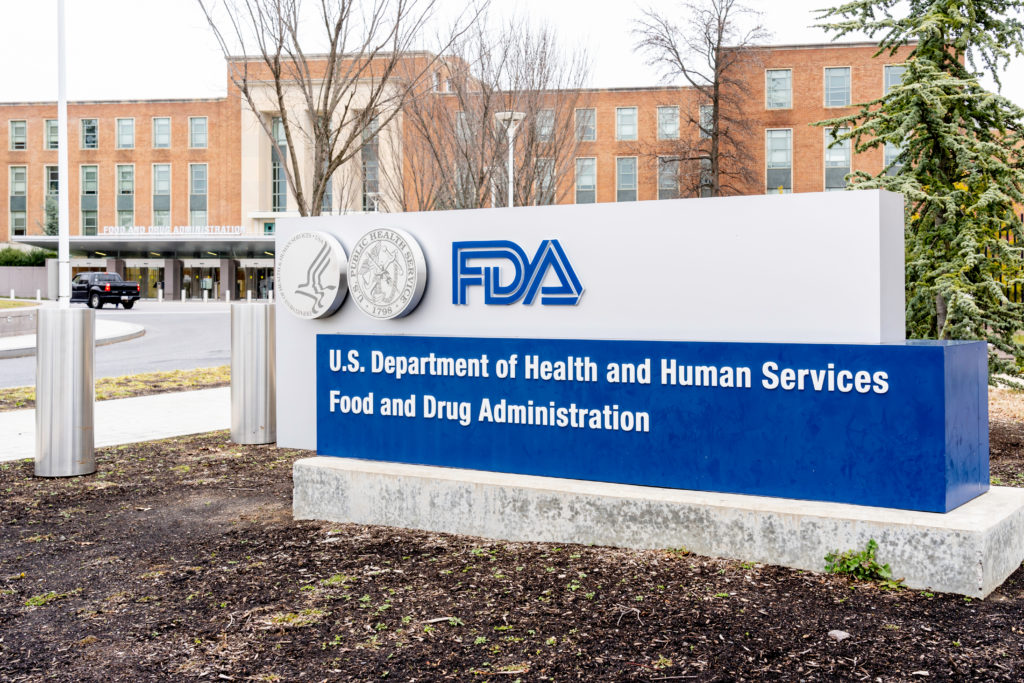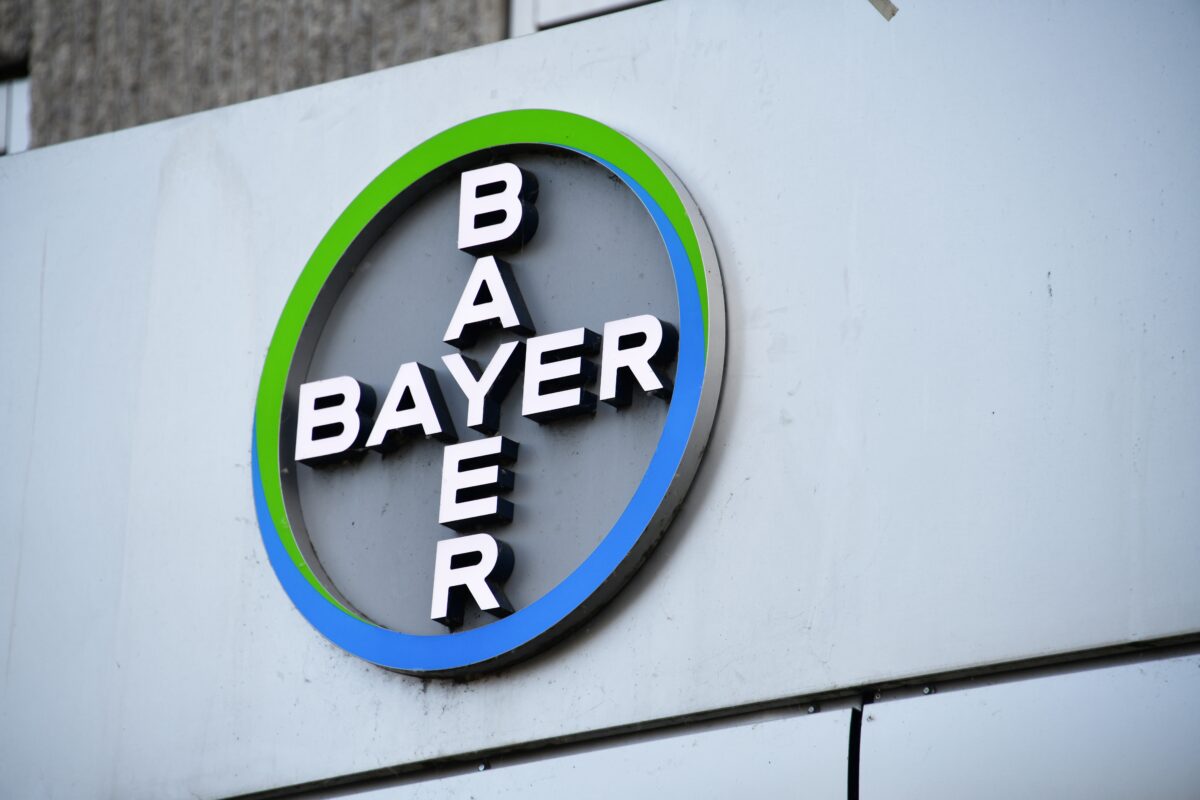Bluebird bio’s gene therapy Zynteglo (betibeglogene autotemcel, beti-cel) has been awarded a much anticipated approval from the US Food and Drug Administration (FDA) for the treatment of adult and pediatric patients with beta thalassemia who need regular blood transfusions.
Bluebird has a total of three gene therapies in its pipeline. Along with beti-cel, there is one being developed for sickle cell (approved in Europe as Skysona or eli-cel) and another being jointly developed with Bristol Myers Squibb for melanoma.
The road to Zynteglo’s approval was a bit rocky and included an FDA delay (the most recent in June) over production test concerns. But bluebird bio has said such setbacks are expected for a company at the frontier of developing gene therapies for rare diseases.
Beta thalassemia is a rare inherited blood disorder caused by mutations in the beta-globin gene leading to a reduced amount, or complete absence, of the beta chains of the oxygen-carrying hemoglobin protein in red blood cells. The estimated incidence of the disorder worldwide is one in 100,000.
Symptoms of the disorder include fatigue, pale skin, weak bones, slow or delayed growth and enlarged spleen.
The most severe form of the disease is sometimes called transfusion-dependent beta-thalassemia or beta-thalassemia major. Patients with the severe form can develop microcytic anemia (characterized by small red blood cells due to reduced amounts of hemoglobin beta chains) which may necessitate the need for regular blood transfusions (administered every two to five weeks).
XTALKS WEBINAR: How Agile Clinical Trials Unlock Universal Access to Rare Disease Research
Live and On-Demand: Tuesday, October 4, 2022, at 11am EDT (4pm BST/UK)
Register for this free webinar to learn why the agile clinical trial model is a great fit for many rare disease categories, how to navigate the regulatory landscape for agile clinical trials in rare diseases, how to design studies and more.
Zynteglo is administered as a one-time treatment, with each dose consisting of a patient’s own bone marrow stem cells engineered to make functional beta-globin through insertion of working copies of the beta-globin gene. The cells are prepared outside of the body (ex vivo) and then infused into the patient. Although the therapy is administered to the patient once, the treatment process has several steps that may take place over several months.
Zynteglo’s hefty price tag of $2.8 million is in line with it being a single, one-time administered gene therapy.
After billions of dollars of investment, the company’s market valuation nosediving from nearly $10 billion in 2018 to just above $250 million currently and FDA delays, Zynteglo’s approval is the much-needed vote of confidence for bluebird. And importantly, the approval delivers a potentially curative treatment to beta thalassemia patients.
“Today’s approval is an important advance in the treatment of beta-thalassemia, particularly in individuals who require ongoing red blood cell transfusions,” said Peter Marks, MD, PhD, director of the FDA’s Center for Biologics Evaluation and Research in the FDA press announcement for Zynteglo’s approval. “Given the potential health complications associated with this serious disease, this action highlights the FDA’s continued commitment to supporting development of innovative therapies for patients who have limited treatment options.”
Bluebird bio says it has the longest and most robust clinical program in transfusion-dependent beta‑thalassemia (TDT) in the field of gene therapy.
Zynteglo’s approval was based on data from bluebird bio’s Phase III studies HGB-207 (Northstar-2) and HGB-212 (Northstar-3), and the long-term follow-up study LTF-303.
The single-arm, open-label, 24-month studies included 41 patients aged four to 34 years with longest follow up being four years. Among the study group, 89 percent of patients achieved transfusion independence (no longer needing red blood cell transfusions) for at least 12 months. The results were maintained as of last follow-up.
The FDA also had to weigh the benefit of the therapy against the risk that it may cause cancer. Although no cases of cancer were reported in the Zynteglo studies, a participant in the trial for bluebird’s sickle cell gene therapy developed a form of leukemia. While the two therapies are similar in design, they are manufactured differently.
In a press release, bluebird said the approval of Zynteglo is “the culmination of nearly ten years of clinical research of gene therapy in patients with transfusion-dependent beta-thalassemia.”
The delays and setbacks that bluebird had, and continues to, face are not unique to the company say experts. Gene therapies are expensive and complex to develop.
“What’s happening to them is not unique to bluebird,” said Nicole Paulk, an assistant professor of AAV gene therapy at the University of California, San Francisco in a Biopharma Dive report. “Any gene therapy company you can name off the top of your head … they’re all facing the same problems around manufacturing and [production controls].”
Zynteglo’s weighty price tag posed to be an issue in Europe, with bluebird having to pull the drug shortly after it was approved in the EU due to both issues with securing reimbursement payment plans, and manufacturing problems.
Bluebird’s announcement of the FDA approval for Zynteglo led bluebird bio’s shares to jump seven percent this week.












Join or login to leave a comment
JOIN LOGIN